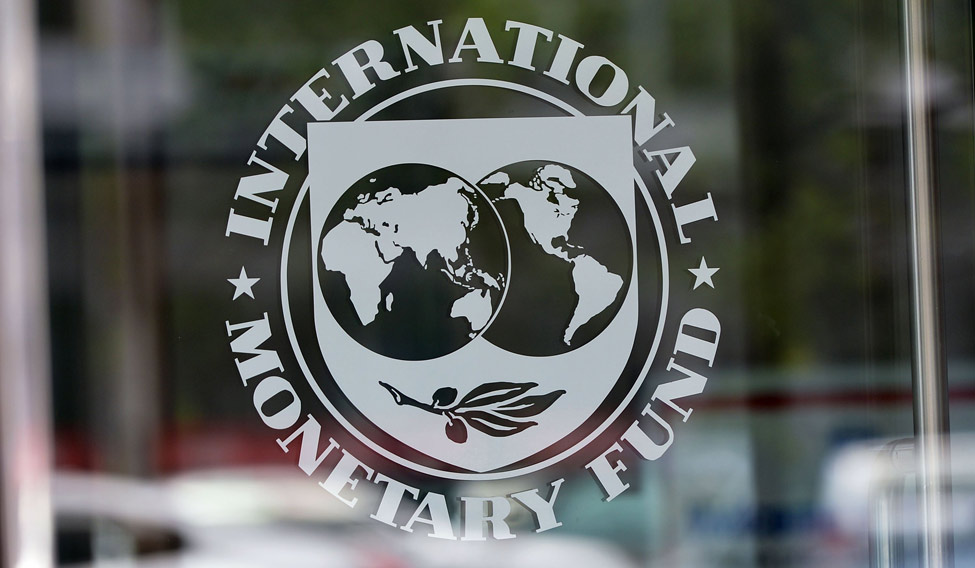IMF Works with El Salvador on Bitcoin Risk Management
09.08.2024 8:00 1 min. read Alexander Stefanov
The International Monetary Fund (IMF) is collaborating with El Salvador to address the financial risks linked to its Bitcoin adoption.
The aim is to create a solid plan to stabilize and grow the economy while managing Bitcoin as legal tender.
The IMF’s recent update, following discussions led by Raphael Espinoza, highlighted a focus on improving public finances, enhancing bank reserves, and increasing financial transparency.
The organization emphasized the need for El Salvador to boost its fiscal balance by 3.5% of GDP over three years, optimizing public spending on services and infrastructure.
Both parties acknowledged potential risks from Bitcoin, including concerns about fiscal stability and transparency. They agreed on the need for further measures to address issues like corruption and money laundering.
El Salvador, which began using Bitcoin as legal tender in September 2021 under President Nayib Bukele, is committed to its Bitcoin strategy despite earlier IMF warnings. The country continues to buy Bitcoin daily through a Dollar Cost Averaging approach and currently holds about 5,835 BTC, valued at roughly $334 million.
-
1
Bitcoin: What to Expect After Hitting a New All-time High
10.07.2025 14:00 2 min. read -
2
Peter Brandt Issues Cautious Bitcoin Warning Despite Bullish Positioning
10.07.2025 20:00 2 min. read -
3
Vanguard Now Owns 8% of Michael Saylor’s Strategy, Despite Calling BTC ‘Worthless’
15.07.2025 17:09 2 min. read -
4
Standard Chartered Becomes First Global Bank to Launch Bitcoin and Ethereum Spot Trading
15.07.2025 11:00 1 min. read -
5
Bitcoin Reaches New All-Time High Above $116,000
11.07.2025 7:56 1 min. read
Bitcoin Banana Chart Gains Traction as Peter Brandt Revisits Parabolic Trend
Veteran trader Peter Brandt has reignited discussion around Bitcoin’s long-term parabolic trajectory by sharing an updated version of what he now calls the “Bitcoin Banana.”
Global Money Flow Rising: Bitcoin Price Mirrors Every Move
Bitcoin is once again mirroring global liquidity trends—and that could have major implications in the days ahead.
What is The Market Mood Right Now? A Look at Crypto Sentiment And Signals
The crypto market is showing signs of cautious optimism. While prices remain elevated, sentiment indicators and trading activity suggest investors are stepping back to reassess risks rather than diving in further.
What Price Bitcoin Could Reach If ETF Demand Grows, According to Citi
Citigroup analysts say the key to Bitcoin’s future isn’t mining cycles or halving math—it’s ETF inflows.
-
1
Bitcoin: What to Expect After Hitting a New All-time High
10.07.2025 14:00 2 min. read -
2
Peter Brandt Issues Cautious Bitcoin Warning Despite Bullish Positioning
10.07.2025 20:00 2 min. read -
3
Vanguard Now Owns 8% of Michael Saylor’s Strategy, Despite Calling BTC ‘Worthless’
15.07.2025 17:09 2 min. read -
4
Standard Chartered Becomes First Global Bank to Launch Bitcoin and Ethereum Spot Trading
15.07.2025 11:00 1 min. read -
5
Bitcoin Reaches New All-Time High Above $116,000
11.07.2025 7:56 1 min. read


